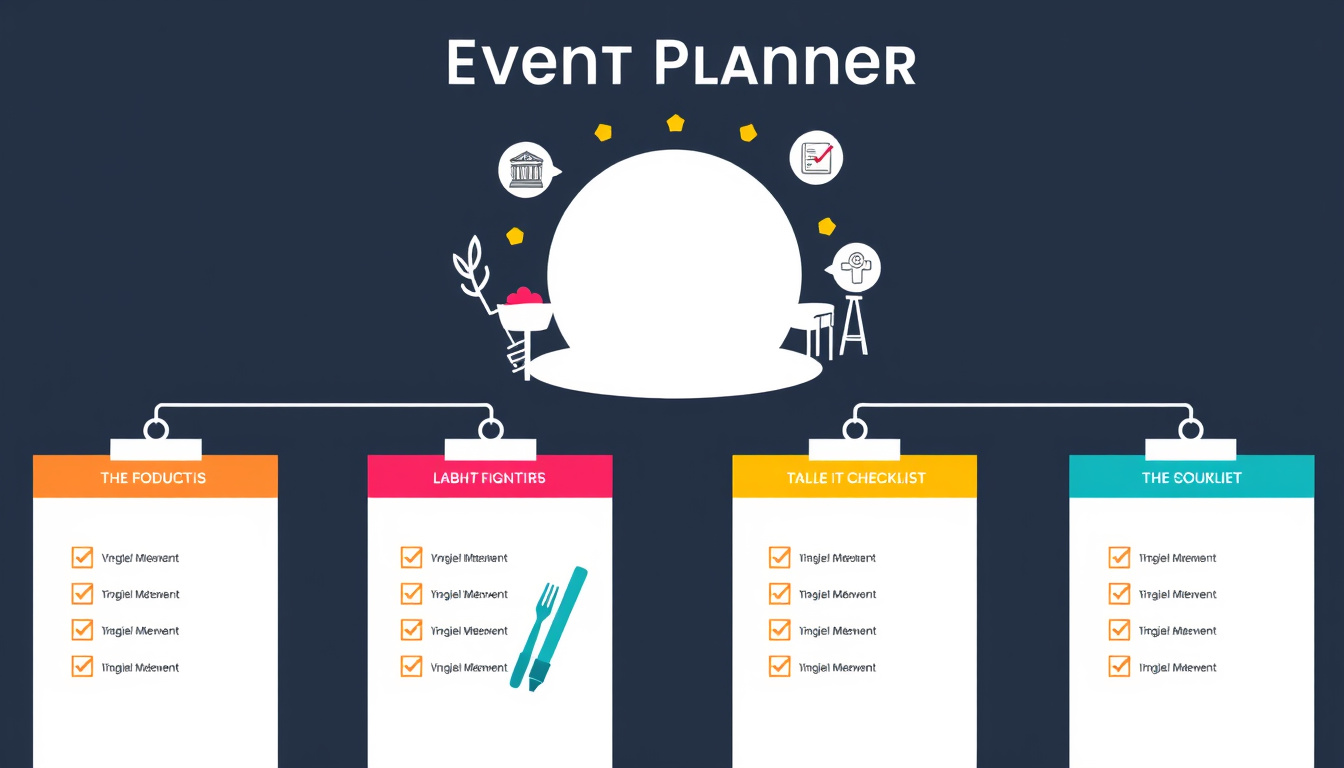Planning a successful event is more than simple tasks. A wedding, a corporate meet, or a community fair brings many needs close together. One key point is event liability – the legal duty planners bear for safety and any harm done. Grasping event liability makes the gap between a happy event and a legal problem very clear. This article shows why event liability matters, how to cut risks, and what to do so your event runs neat and safe.
What Is Event Liability?
Event liability ties the safety of guests, workers, and vendors directly to the organizer. If someone gets hurt or something breaks, the planner could bear the cost. Knowing your duty guards both your guests and your funds from legal troubles.
Why Event Liability Matters
Planning an event feels fun, yet skipping on liability can bring harm:
- Financial Risks: Missing insurance leaves you to pay for injuries, legal bills, or damages.
- Legal Trouble: Not meeting local rules may bring fines or even event stops.
- Damage to Reputation: Problems at your event can lower trust and hurt future events.
Many states state that planners must have specific insurance to work safely. Knowing event liability prepares you for any slip-ups.
Key Tips for Managing Event Liability
Try these steps to keep risks low:
1. Do a Detailed Risk Check
Look for dangers like tripping spots, food issues, too many people, or low security. Judge how strong and likely each risk is, and then plan how to cut each one.
2. Get the Right Insurance
Insure your event well. Basic insurance covers hurt bodies and broken property. Some events need more types like alcohol or weather insurance.
3. Collect all Needed Permits and Licenses
Checking local rules avoids fines. It may mean a health certificate for food or a sound permit. Gathering these papers keeps you safe.
4. Set Clear Safety Steps
- Teach Your Team: Make sure everyone knows what to do if danger comes.
- Control the Crowd: Use barriers and clear signs to lead people.
- First Aid Ready: Provide a nearby place and trained help for first aid.
5. Use Clear Contracts and Waivers
Build strong ties with vendors and speakers with clear papers. For high-risk parts, use waivers to shrink your duty.
6. Check Often
Look over all venues and gear before and during the event to keep things safe.
7. Plan for Emergencies
Map out a fast plan for health issues, fires, or bad weather. Share the plan with everyone on your team.
Main Parts of Event Liability Insurance
Liability insurance sits at the center of risk work. It usually covers:
- Bodily Harm: Helps if someone gets injured.
- Property Loss: Pays for damages caused at the event.
- Trips and Falls: Covers common slips.
- Alcohol-Related Issues: If drinks are served, this covers the related risks.
Read all policies with care, and talk to an expert to fit the plan to your event.
Common Pitfalls and How to Avoid Them
- Missing Permits: Check local laws and get the needed documents.
- Weather Surprises: Have a plan if rain, storms, or heat occur.
- Crowd Under-planning: Allow for more people than expected to avoid crowding.
- Poor Staff Prep: A trained team handles risks better and cuts duty.
FAQ About Event Liability
1. What does event liability insurance usually pay for?
It pays for healing costs, repairing property, legal fees, and fixes from event-related mishaps (source). This plan stops surprises.
2. How can I cut event liability risks?
Do a deep risk check, secure right insurance, get permits, run safety training, and write thorough papers with vendors.
3. Is event liability the same as event insurance?
No. Event liability means the rules you must meet. Event insurance is the plan you purchase to pay for issues.
Citing Expertise and Authority
The Insurance Information Institute backs the need for proper insurance and careful duty work in planning events. Their tips show that smart work not only saves money but also keeps every guest safe.
Our Top Picks For Liability Coverage
Be sure to check your venue’s insurance requirements before securing a policy!
Starts at $75 for $1M/$2M GL coverage
Min. Damage to rented premises limit: $250,000 (Upgrade to $1M for $25+)
Medical expense limit: Not included
Waiver of Subrogation Endorsement: No
Primary Noncontributory Endorsement: No
Free quote feature available
Starts at $160 for $1M/$2M GL coverage
Min. Damage to rented premises limit: $300,000 (Upgrade to $1M for $75)
Medical expense limit: $5,000
Waiver of Subrogation Endorsement: Yes
Primary Noncontributory Endorsement: Yes
Free quote feature available
Coverage can extend beyond midnight depending on state liquor laws, in which case only 1 day of coverage is required
